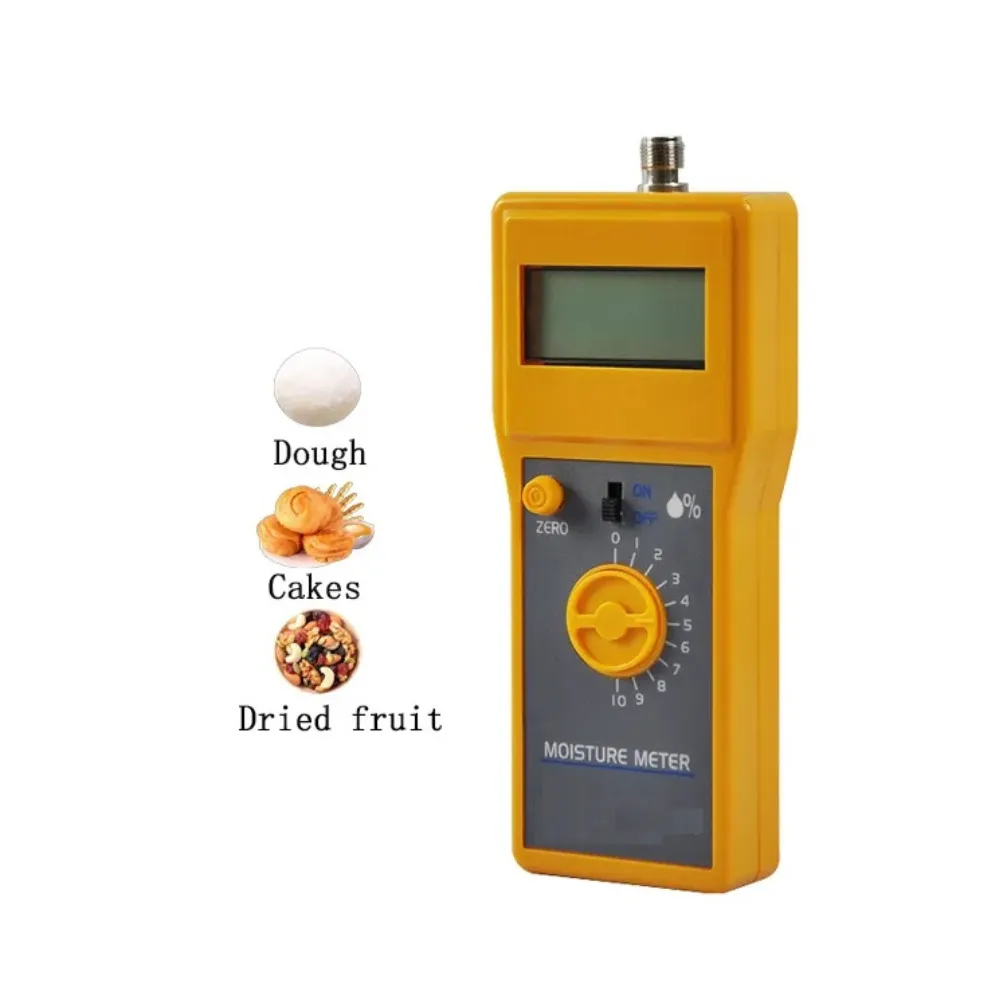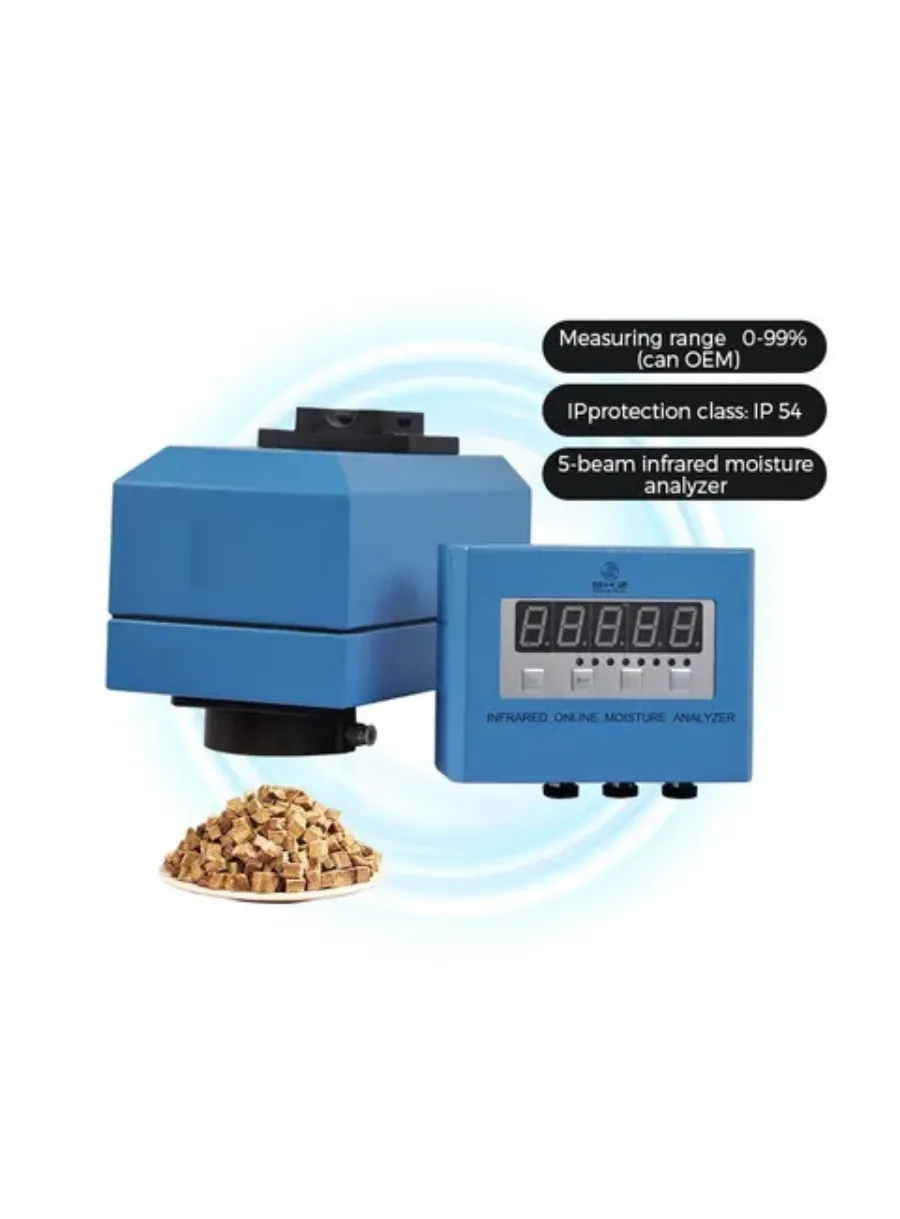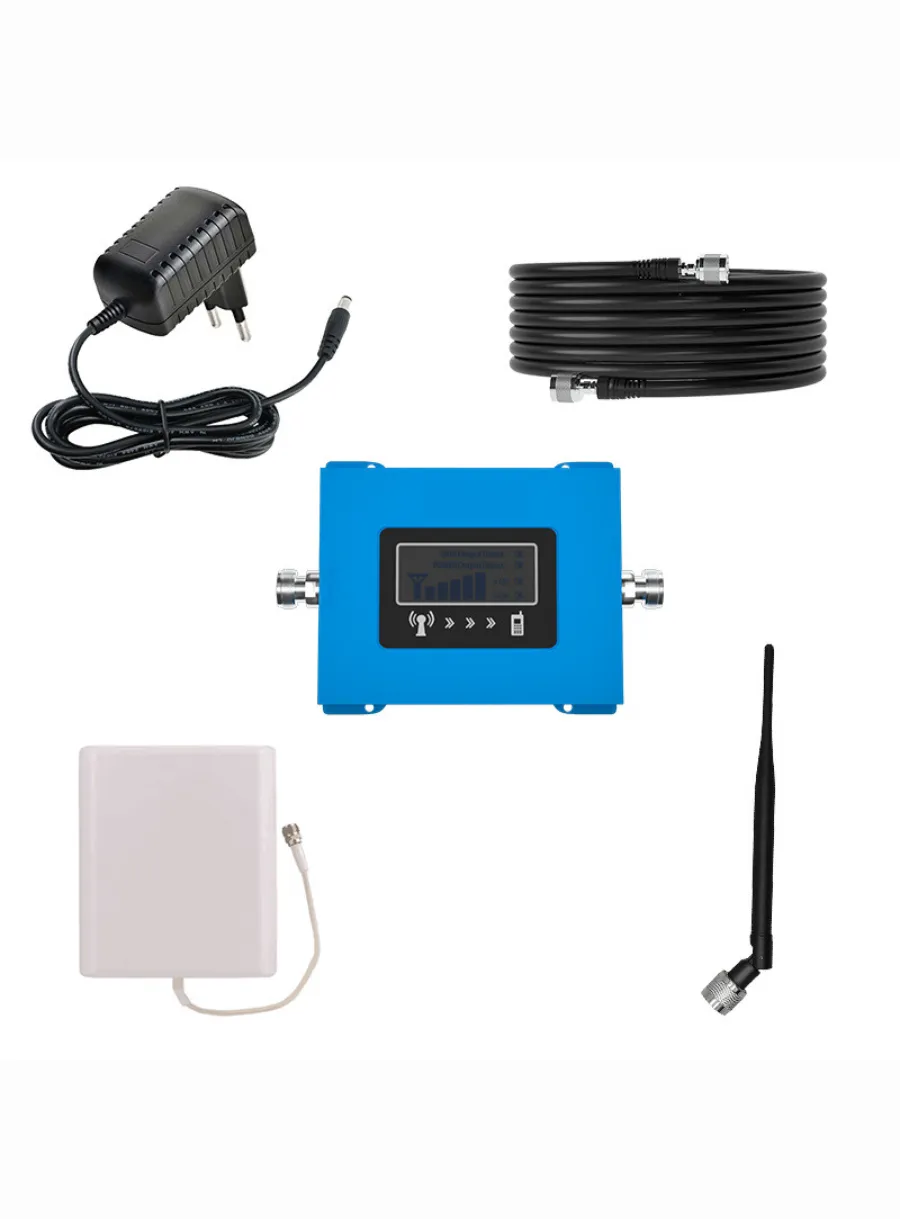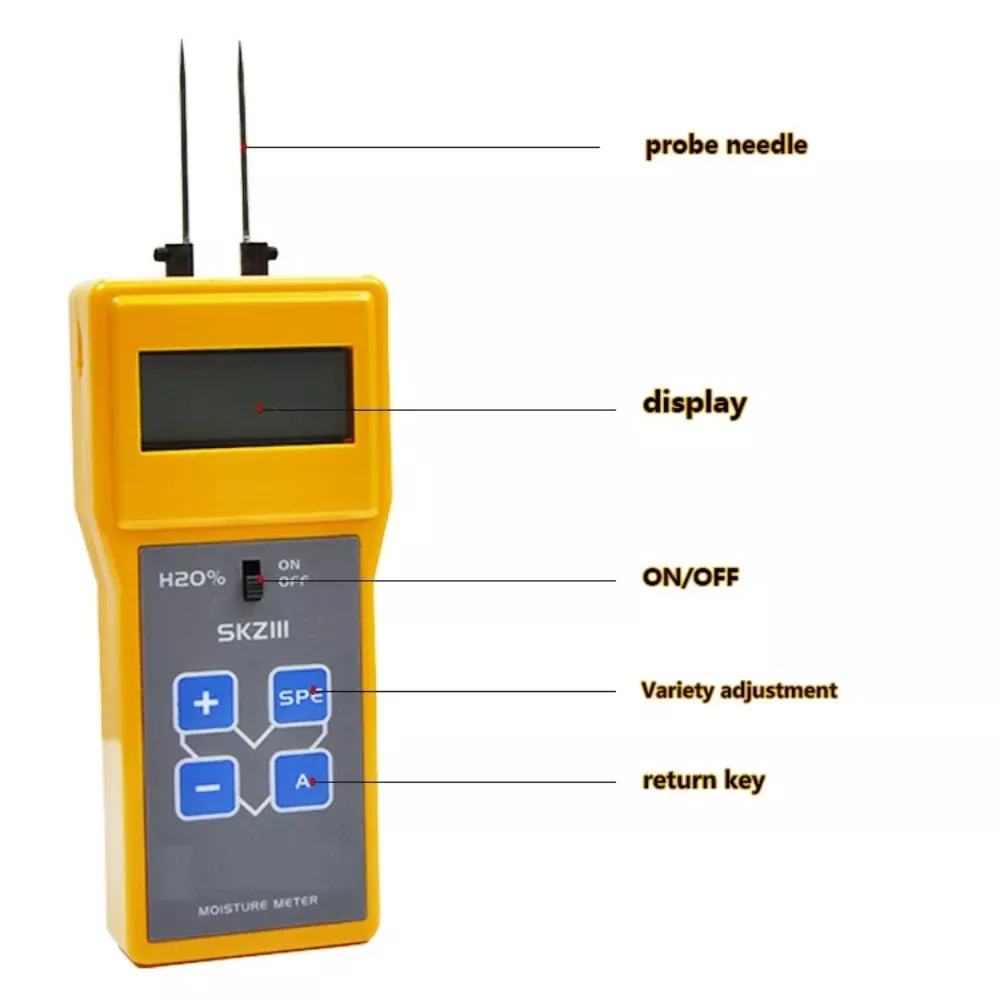
Market Trends in Soil Moisture Meters
Table of Contents
Industry Leaders and Innovative Solutions
Companies like Arable, CropX, Sensoterra, and Sentek are at the forefront of the soil moisture meter industry. Arable’s Mark2 sensor provides comprehensive data on various agricultural parameters through a smart data platform. CropX offers an integrated hardware and software system for continuous monitoring of soil and crop conditions. Sensoterra focuses on water management solutions with single and multi-depth soil moisture sensors.

Technological Advancements Driving Growth
The adoption of advanced soil moisture meters is facilitated by the development of wireless sensor networks (WSNs) and the Internet of Things (IoT). These technologies enable real-time monitoring and data collection with minimal wiring, providing significant advantages such as installation flexibility and reduced complexity. The emergence of precision agriculture practices is further bolstering the use of soil moisture meters to manage water resources more efficiently.
Global Reach and Market Expansion
The soil moisture meter industry is expanding globally. For instance, Arable operates in 30 countries, demonstrating the widespread adoption of these technologies. This global reach is indicative of the growing awareness of sustainable agricultural practices worldwide and the increasing demand for efficient water management solutions in various climates and soil conditions.

Integration with Smart Platforms
Many modern soil moisture meters are integrated with smart data platforms and mobile applications. This integration allows users to access real-time data, receive actionable insights, and make informed decisions about irrigation and crop management. The trend towards data-driven agriculture is a key driver in the evolution of soil moisture meter technology.
Challenges and Considerations
Despite their benefits, advanced soil moisture meters face challenges. They can be costlier compared to traditional models and may require more skill from operators due to their complexity. Improper use can result in inaccurate readings, underscoring the importance of user training and understanding. These factors highlight the need for ongoing education and support in the implementation of these technologies.
Future Outlook: Sustainability and Precision Agriculture
The future of the soil moisture meter industry is closely tied to the growing emphasis on sustainability and precision agriculture. As water scarcity becomes a more pressing issue globally, the demand for efficient irrigation solutions is likely to increase. This trend, coupled with advancements in sensor technology and data analytics, suggests a promising future for the soil moisture meter market.
Comments
Tags
Frequently Asked Question
Some leading companies include Arable, CropX, Sensoterra, and Sentek. These companies offer innovative solutions ranging from comprehensive data platforms to integrated hardware and software systems.
Advancements in wireless sensor networks (WSNs) and the Internet of Things (IoT) are enabling real-time monitoring and data collection, making soil moisture meters more efficient and easier to use in precision agriculture.
Advanced soil moisture meters can be more expensive than traditional models and may require more skill to operate due to their complexity. Improper use can also lead to inaccurate readings.
Soil moisture meters are playing a crucial role in efficient water management, helping farmers optimize irrigation practices and reduce water waste, thereby contributing to more sustainable agricultural practices.

